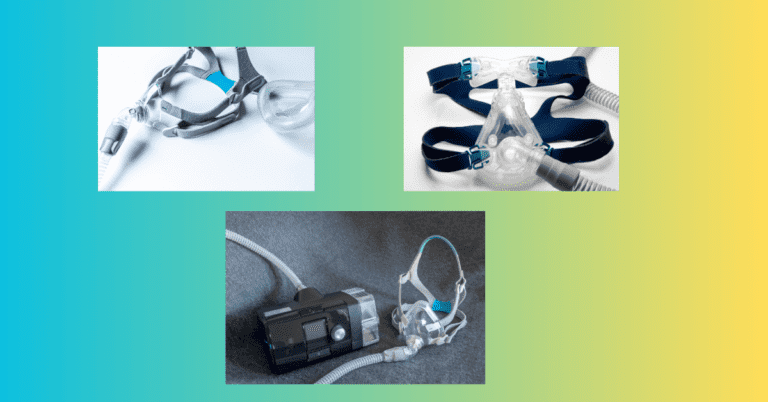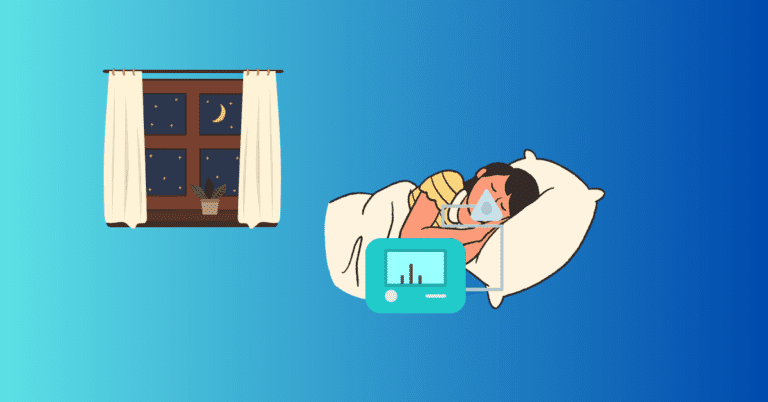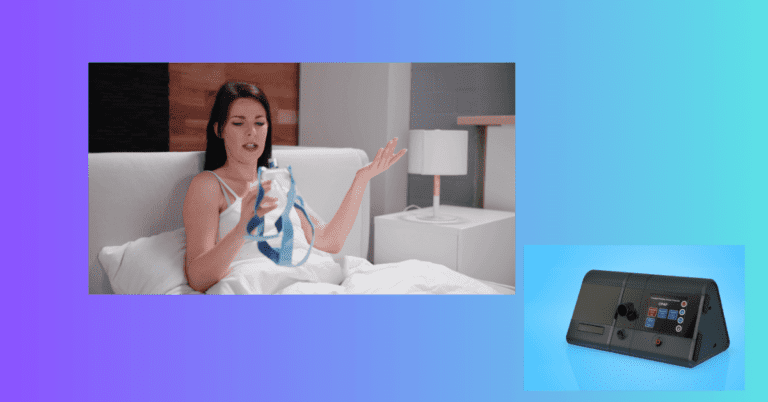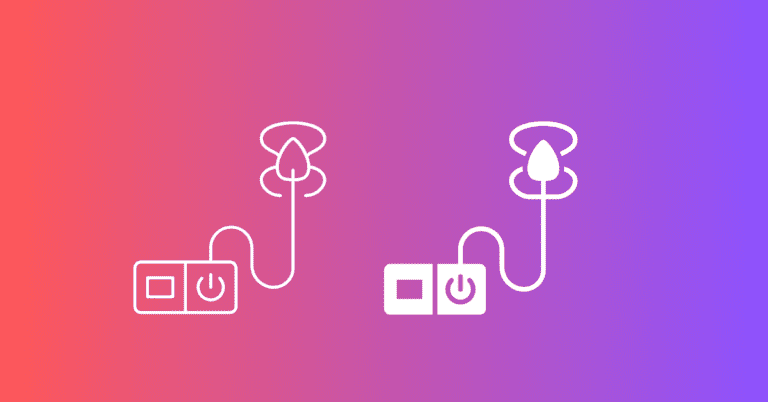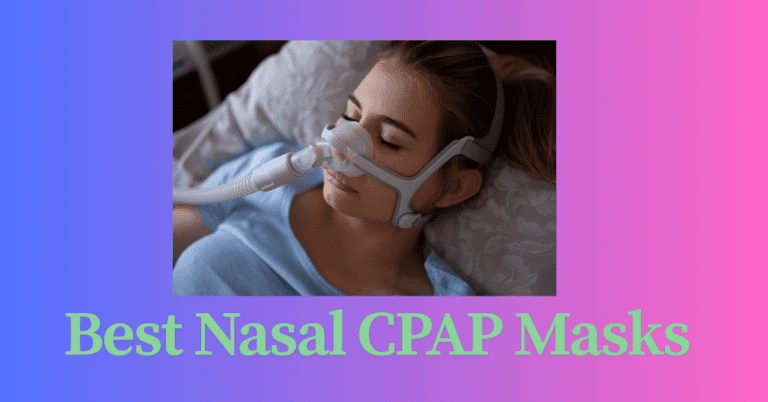Best CPAP Mask for Beards?
If you have a beard, you probably wonder if it will interfere with your CPAP therapy. Maybe you’ve been recently diagnosed.

I have severe obstructive sleep apnea, and I used to have a beard, though I kept it short. Ultimately, I wouldn’t say I liked having a beard, and I no longer do. But I had no problems using the full-face mask.
However, facial hair can complicate the fit of a CPAP mask, potentially causing air leaks that reduce the therapy’s effectiveness. However, I found that wearing a CPAP mask with a beard is entirely possible—you just need to find the right mask and make a few adjustments.
In this article, I’ll explain how beards affect CPAP masks and the best options for those with facial hair.
How a Beard Can Affect CPAP Mask Fit
A good seal is crucial for CPAP therapy to work effectively. When a CPAP mask doesn’t fit properly, air leaks out, preventing the continuous airflow you need to keep your airway open during sleep. Facial hair can interfere with this seal, especially if the mask doesn’t conform well to the contours of your beard.
That said, many men with beards successfully use CPAP machines. It’s all about finding a mask that works well with your facial hair type and ensuring a snug fit.
Best CPAP Masks for People with Beards
Several CPAP masks work well for men with beards. Depending on the length and thickness of the beard, certain types may be better suited to minimize air leaks and maximize comfort.
Nasal Pillow Masks
A nasal pillow mask is often the go-to choice for bearded individuals because it makes minimal contact with the face. The nasal pillows sit just under the nostrils, bypassing much of the beard and reducing the chance of air leaks.
Pros:
- Minimal facial contact.
- Reduces interference with beard.
- Lightweight and comfortable.
Cons:
- Not ideal for mouth breathers.
- It may not be suitable for higher-pressure settings.
For men with shorter beards or stubble, a nasal pillow mask can work exceptionally well, providing the airflow needed without relying on a full face-to-skin seal.
Nasal Masks
A nasal mask covers the nose and forms a seal on the upper lip, just above where most beards begin. It provides a bit more coverage than a nasal pillow mask while still avoiding most of the facial hair.
Pros:
- Moderate facial contact, avoiding much of the beard.
- Suitable for higher air pressures than nasal pillows.
- Comfortable for side sleepers.
Cons:
- May cause leaks if beard hair interferes with the seal.
- Not ideal for mouth breathers unless combined with a chin strap.
If you have a medium-length beard, a nasal mask can work, especially if your beard is kept trimmed around the upper lip area. For some, a nasal mask provides the right balance between comfort and an effective seal.
Full-Face Masks
While a full-face mask can be trickier with a beard, it’s still an option if you prefer breathing through your mouth or need higher air pressure settings. The key is finding a mask that fits well with your beard and making small adjustments to improve the seal.
The model that I used when I had a beard was the ResMed AirTouch F20. So I would recommend you look at this.
Pros:
- Covers both the nose and mouth, ideal for mouth breathers.
- Effective for higher air pressure settings.
Cons:
- Can cause air leaks around the chin if you have a thick beard.
- May require regular adjustment for a proper seal.
For men with longer beards, a full-face mask might need frequent tweaks to avoid leaks. Some users find that a full-face mask liner can help, as it creates an additional barrier between the mask and the facial hair.
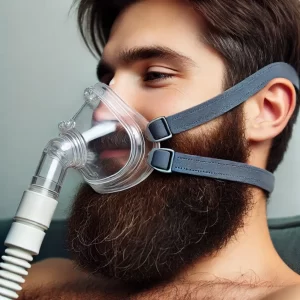
Tips for Wearing a CPAP Mask with a Beard
If you have a beard and use a CPAP mask, some strategies can help you get the best fit and avoid air leaks:
- Trim your beard: Regularly trimming the area where the mask sits can help create a better seal, especially with nasal and full-face masks.
- Use mask liners: Mask liners can create a soft barrier between your facial hair and the mask, improving the seal and comfort.
- Experiment with mask types: If one mask doesn’t work, try different styles, like nasal pillows or hybrid masks, to find what fits best with your beard.
- Adjust the mask fit: Sometimes, simply adjusting the mask straps to achieve a snug fit can make a huge difference, especially if you have a thick or long beard.
Finding the Right CPAP Mask for You
Ultimately, the best CPAP mask for a man with a beard will depend on the length and thickness of the facial hair and personal comfort preferences.
If you’re a mouth breather or need higher air pressure, a full-face mask may work better with some adjustments.
On the other hand, if you have a shorter beard or primarily breathe through your nose, nasal pillows or nasal masks are likely to offer the most comfort and the best seal.
No matter your beard length, there’s a CPAP mask out there that can fit your needs. It may take some trial and error, but with the right mask and a few adjustments, you can have a comfortable and effective CPAP therapy experience.
FAQ: CPAP Masks and Beards
Do you have any more questions about their best CPAP mask for beards? If so, please leave them in the comments section below.
